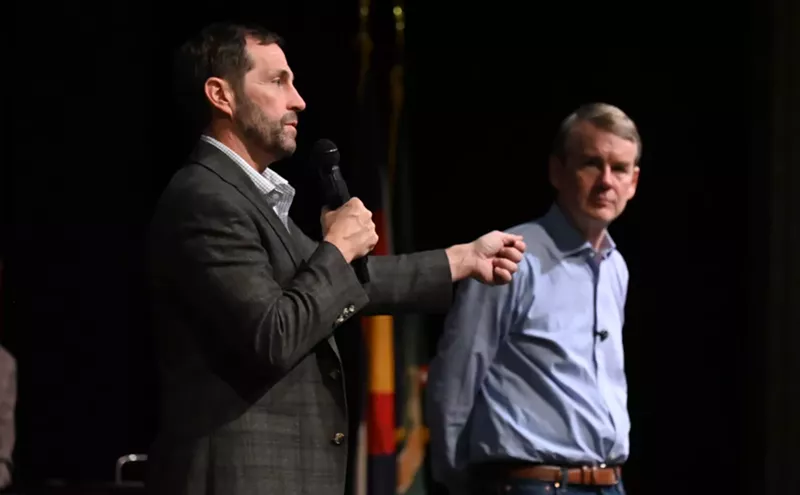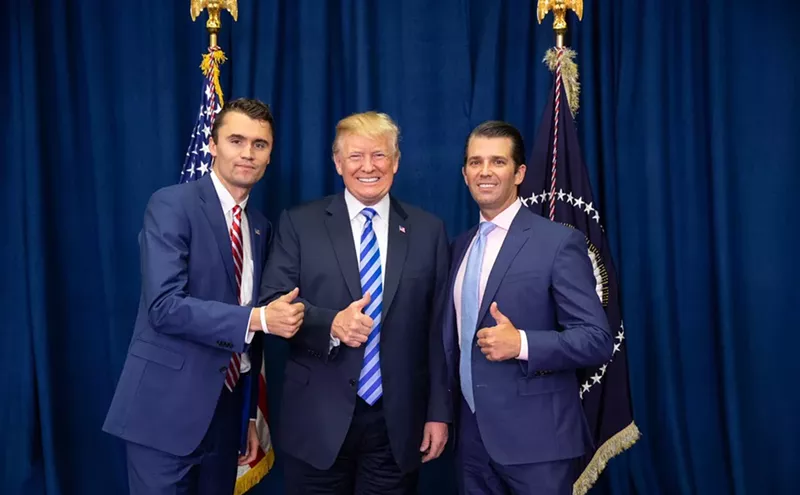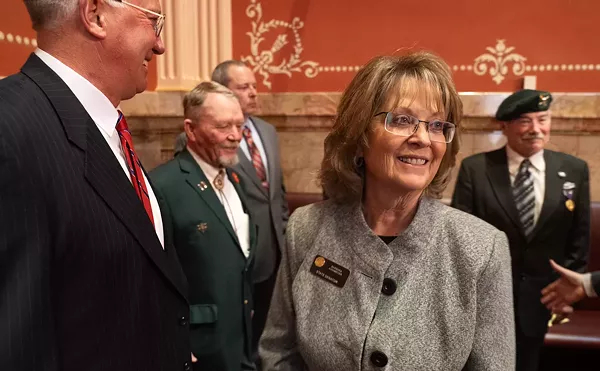When journalists talk about "the separation of church and state," they're referring to an important tenet of editorial independence. Specifically, the news department is supposed to do its work without interference or influence from their business-side colleagues. That way, reporters and editors maintain their credibility, instead of being vulnerable to charges that they're carrying water for the ad staff by churning out advertiser-friendly puff pieces or refusing to follow certain tips if they might hurt the bottom line.
A report about hands-free cell phones that aired on Channel 4 last week shows why this principle is absolutely vital. The package found correspondent Shaun Boyd testing out different devices, using as a hook legislation that may make driving while using handheld cell phones a ticketable offense. Her commentary was supplemented by remarks from Jeremy Linehan, a spokesman for Car Toys -- and after the piece had run its course, anchor Karen Leigh popped up to announce that the company is offering CBS4 viewers a 15-percent discount on hands-free phones for mentioning the story.
This appalling and embarrassing tie-in offers short-term gains when it comes to pleasing advertisers. But it makes Boyd and Leigh look like shills who are in the pocket of Channel 4's money-siders -- and that hurts the station, and their reputations, in the long run. There's a reason the framers of the Constitution separated chuch and state -- and TV stations should follow suit.












